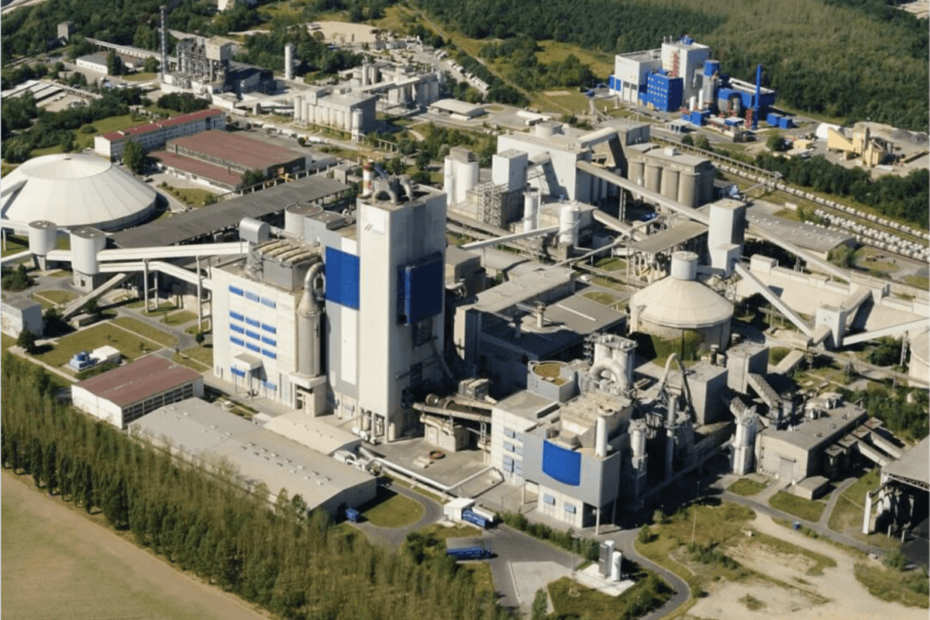The European Commission has approved under EU State aid rules a €350m German measure to support Concrete Chemicals in the production of synthetic aviation fuels.
The project will use electricity, renewable hydrogen, and biogenic carbon dioxide (CO2) captured from a cement plant and integrate different technologies such as electrolysers and complex chemical reactors, reverse water-gas shift and Fischer-Tropsch (FT) synthesis.
Partners include renewable energy company Enertrag, global building materials manufacturer Cemex and Sasol ecoFT, a leader in the development and application of FT technology.
Power-to-Liquid (PtL) kerosene produced by the project will qualify as renewable fuel of non-biological origin (RFNBO) as the energy content will come from renewable sources.
In addition, as byproduct, the project will produce 6,500 tonnes of renewable naphtha (PtL-naphtha) per year that can be used as feedstock to produce various plastic products.
The aid will take the form of a direct grant and will support the construction and installation of the plant in Rüdersdorf, Germany.
The plant, with a capacity of approximately 30,000 tonnes of PtL-kerosene per year, is expected to start producing PtL-kerosene in 2028.
The project is expected to deliver lifecycle greenhouse emissions savings of 90% compared with fossil kerosene and fossil naphtha.
The measure will contribute to the achievement of the European Green Deal and ReFuelEU Aviation targets.
Synthetic kerosene could be anything up to 70% cheaper by 2050, providing green hydrogen and direct air capture costs continue to fall, but it is unlikely to fly without policy support in the face of affordable fossil fuel jet fuel and ongoing global aviation growth.
